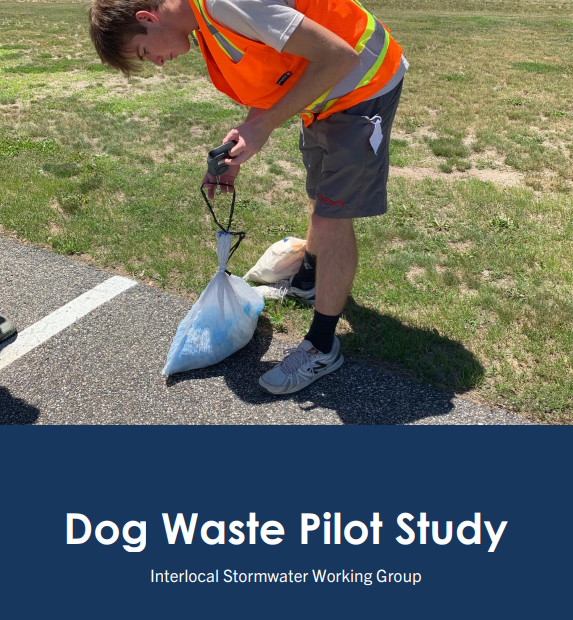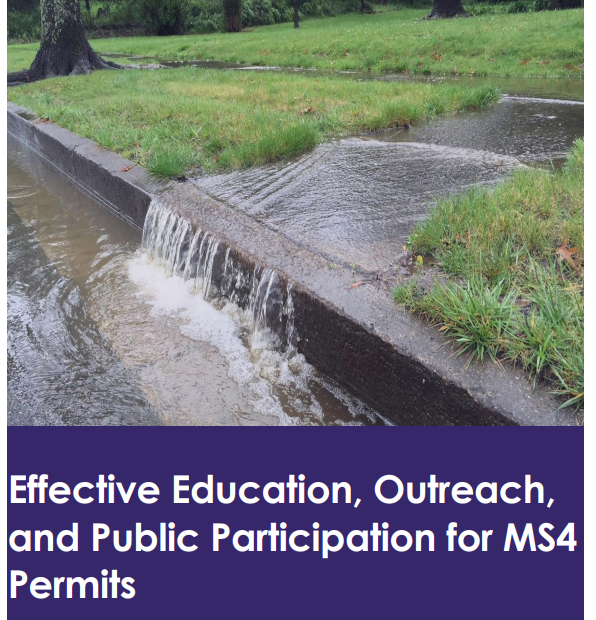Stormwater & Nutrient Management
New England Environmental Finance Center has tools and resources to assist MS4 permit holders with education and outreach, stakeholder engagement, technical assistance, and education on green infrastructure and financing options to achieve water quality goals. Our goal is to achieve water quality improvements through green and natural infrastructure, stormwater BMPs, nutrient management, and innovative financing.
Services
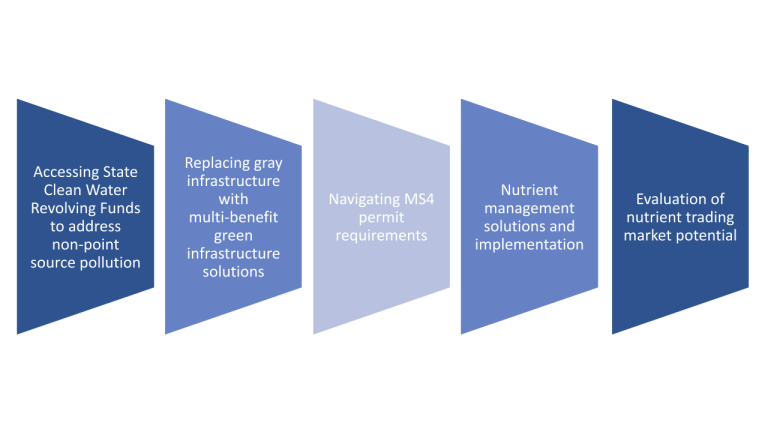
Projects
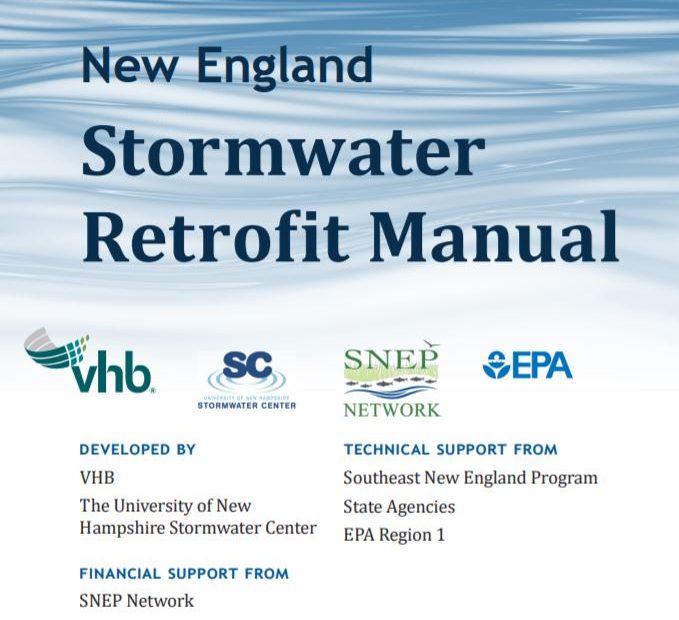
New England Stormwater Retrofits
The New England Stormwater Retrofit Manual is a tool for improving New England’s water resources. The guidance is based on how stormwater treatment occurs within structural controls with the understanding that achieving any water quality improvement is beneficial. It provides approaches for making improvements on sites that don’t fit within a current regulatory framework.
This manual has been developed by the University of New Hampshire Stormwater Center and VHB with financial support from the SNEP Network, a project of the New England Environmental Finance Center, and technical support from other SNEP Network partners, state agencies, and EPA Region 1.
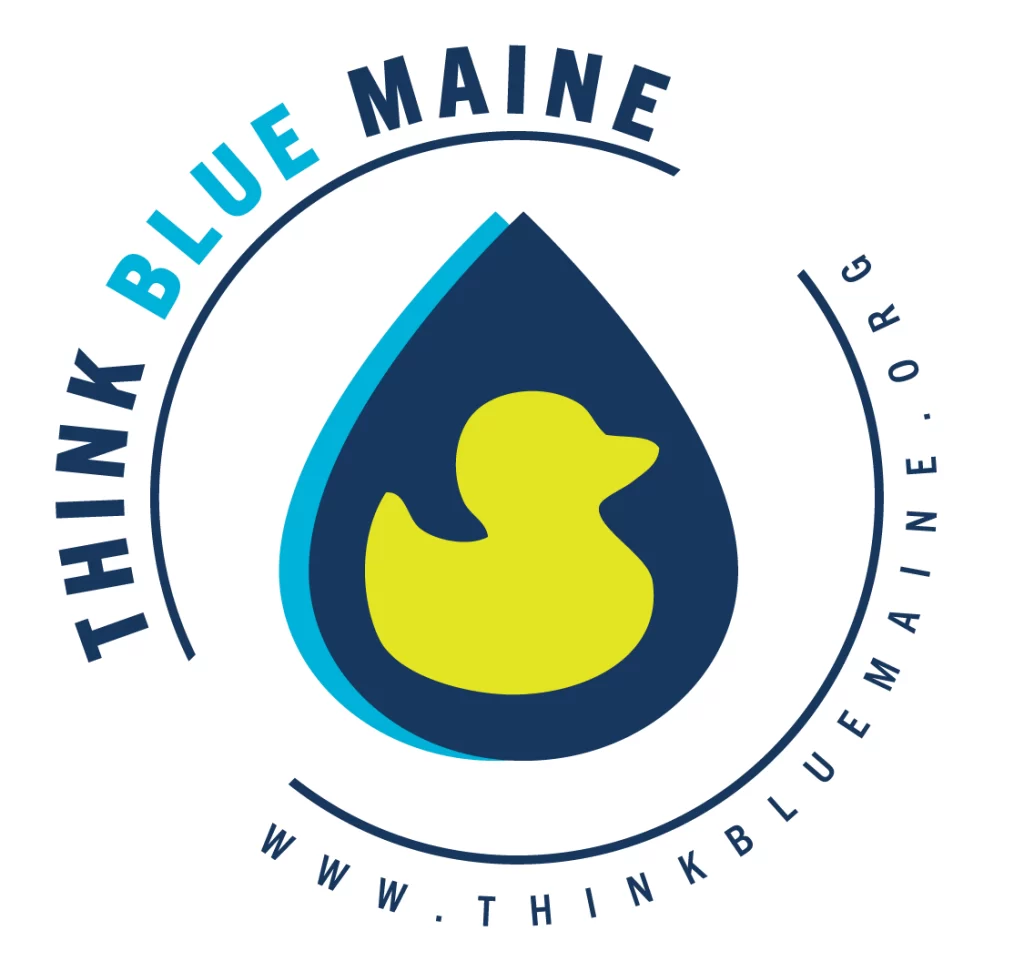
Think Blue Maine
The Cumberland County Soil and Water District (CCSWD) in collaboration with the New England Environmental Finance Center developed resources for the Think Blue Maine website, the primary source of information for residents, businesses, and municipalities to reduce stormwater pollution. The program supports Maine’s 38 regulated stormwater municipalities and nested entities, and their community partners working together to meet Clean Water Act permit requirements and to make Maine a better place to live.
Pet waste project
As part of the Think Blue efforts, the CCSWD, New England Environmental Finance Center, and Bates College Purposeful Learning 2021 interns completed a study on pet waste. Dog waste is a growing nonpoint source pollution problem in the southern Maine region as more people are adopting four-legged friends while not adopting responsible waste management behavior. Using open-source data collector phone apps and mapping software provide the opportunity for location-specific stormwater pollution tracking that can be used by staff and members of the public to crowdsource data and provide site-specific The baseline data was used to determine long-term monitoring sites for the Greater Portland 2022 MS4 permit behavior change campaigns.use, as well as presence of trash cans, restrooms, bag dispensers, and signage. All data was compiled and analyzed to assess the extent of improper dog waste disposal, both locally and regionally, to determine recommendations.
Effective Education, Outreach, and Public Participation for MS4 Permits
As part of the Think Blue efforts, the CCSWD, NEEFC, and a Bates College intern analyzed approximately 20 MS4 communities across the United States with the goal of researching effective public education, outreach, and participation practices. The team developed a report that considers the various methods being used across the county, identifies the pros and cons of various approaches to meet MS4 compliance, identifies unique or highly effective MCM 1 and MCM 2 methods, and makes recommendations to communities.
Resources
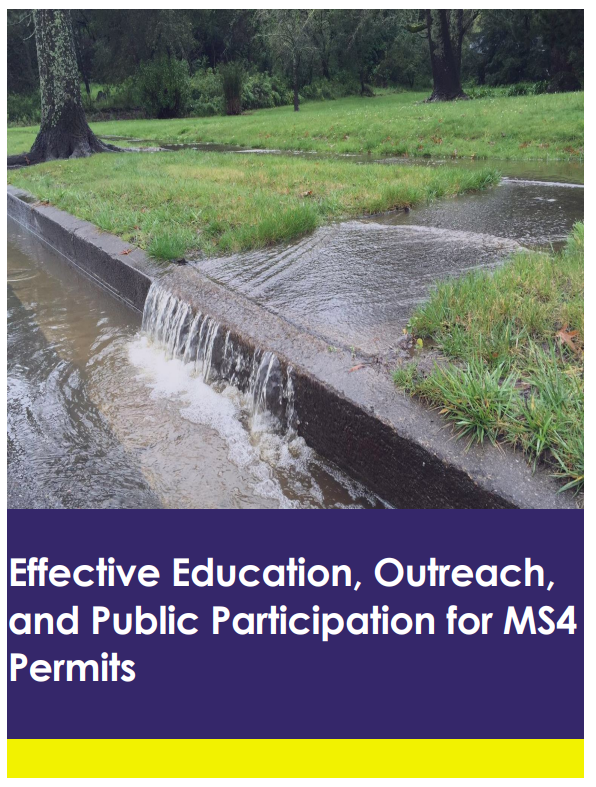 | Effective Education, Outreach, and Public Participation for MS4 Permits This report considers the various methods being used across the county to maximize effective Clean Water Act Municipal Separate Storm Sewer System (MS4) Minimum Control Measures 1 and 2 (MCM 1 and MCM 2) compliance. |
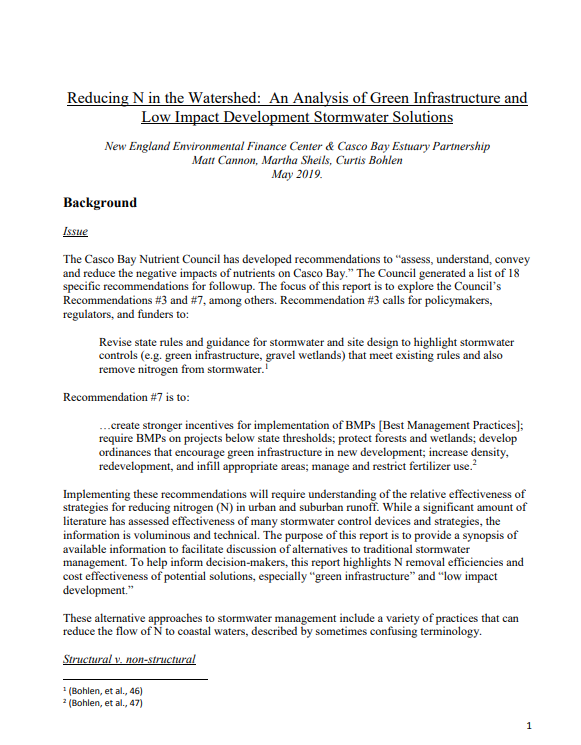 | The Casco Bay Nutrient Council has developed recommendations to “assess, understand, convey and reduce the negative impacts of nutrients on Casco Bay.” The Council generated a list of 18 specific recommendations for follow up. The focus of this report is to explore the Council’s Recommendations #3 and #7, among others. |
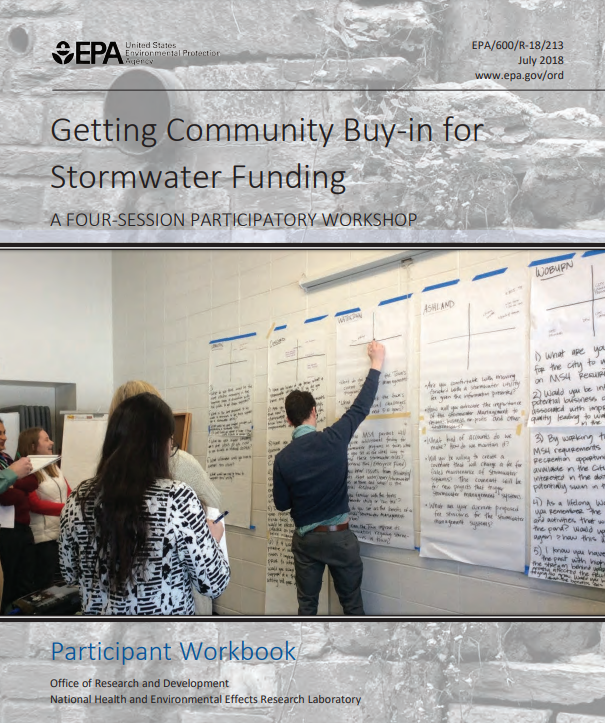 | This Participant Workbook is a process tool for an agency or organization to implement a multi-session, participatory workshop for municipalities to engage their communities in the development of stormwater funding solutions. |
Find these and other resources on the Resource page.
